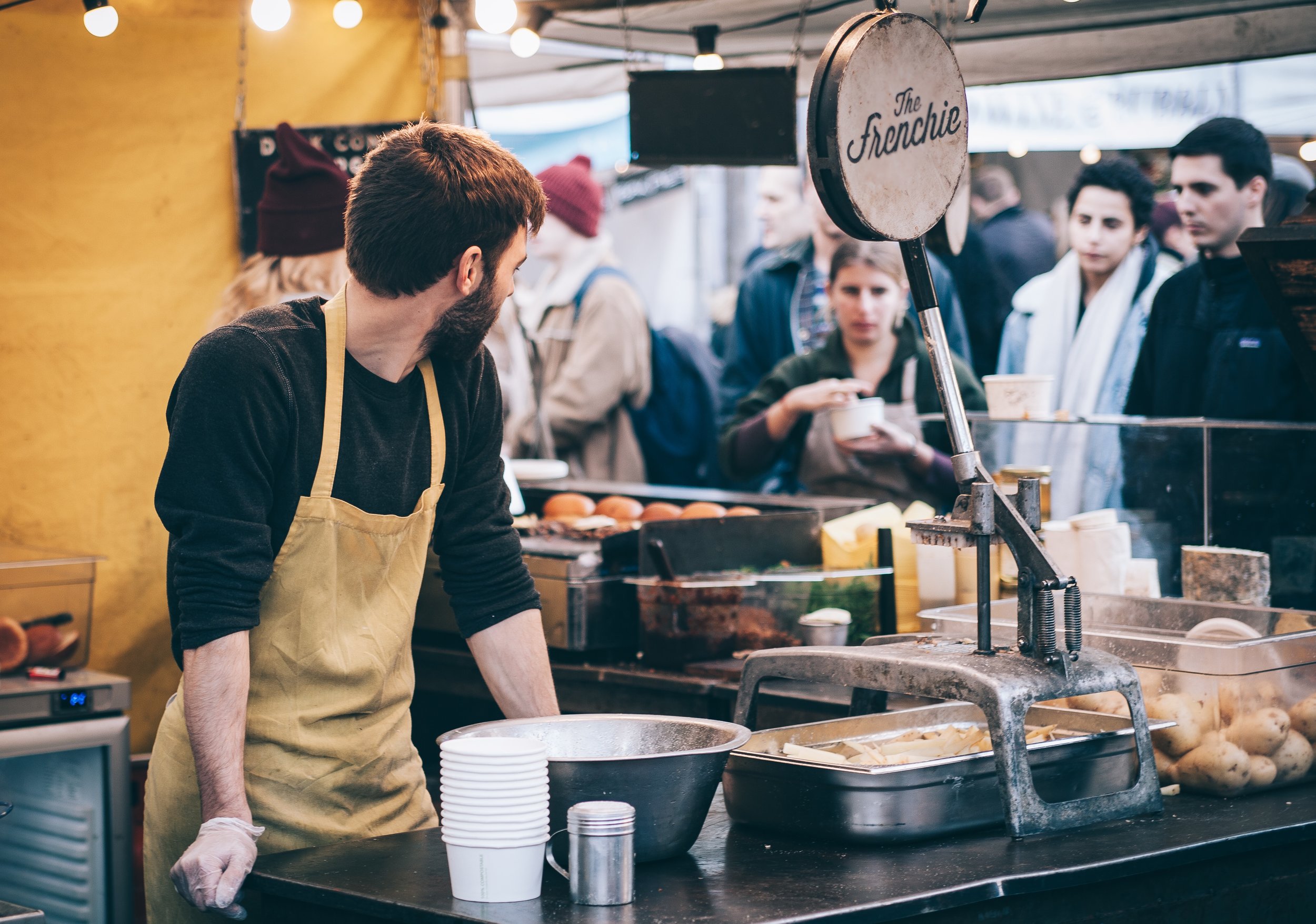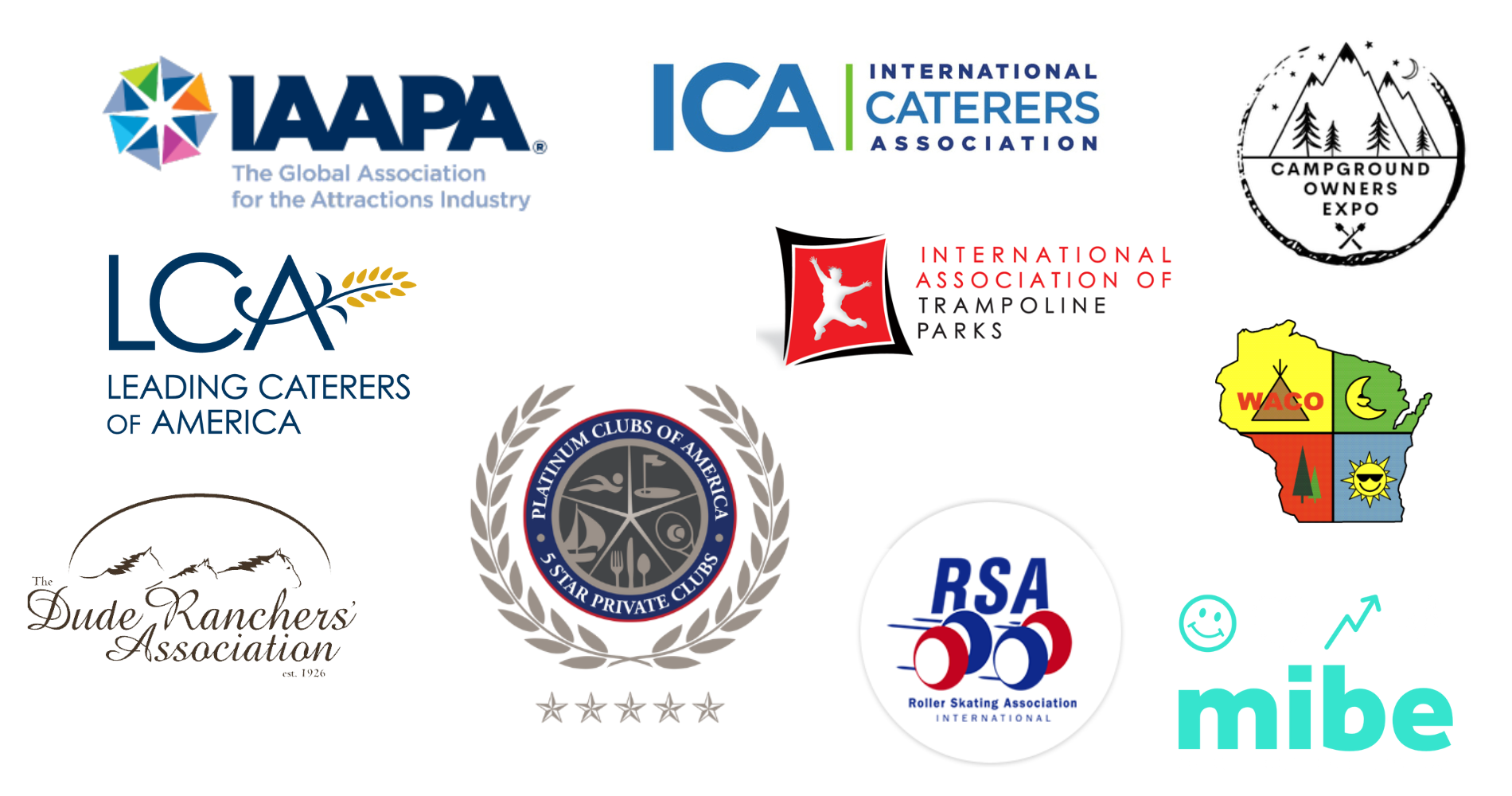The Importance of Coordinating with Your Fellow Vendors
/Vendor relationships are a powerful channel to transform your business and enhance your client experience. The better an event team works, the more successful an event will be — it’s as simple as that. When there is discord between vendors, there will likely be difficulties in the planning process.
Thus, it’s essential for all industry professionals to work on their relationships within their network to form mutually beneficial connections that work to build up the industry as a whole.
The Value in Industry Relationships
There are countless benefits of building your network and nurturing the relationships with industry peers around you. From a friendly source of advice to priceless referrals, navigating life as a business owner is made far easier when you have others in your corner.
“The vendor relationship is as important as the client relationship,” reminds Meryl Snow of SnowStorm Solutions. “It’s the same way the client places their trust in you in executing an event. It takes a complete team to accomplish an event. Henry Ford said it best: ‘Coming together is a beginning. Keeping together is progress. Working together is success.’”
Alan Berg CSP of Wedding Business Solutions, LLC agrees: “We’re only as strong as our networks. It’s those other businesses that support us, refer us, and help us. People refer people that they know, like, and trust. The better they know you and the more recently they’ve seen you (preferable outside of work), the more likely they are to refer you.”
Additionally, another vendor’s successes and failures can be attributed to you and vice versa — so it’s important that there is mutual trust within the team.
Anthony Labatos of Footers Catering explains: “Vendors are a big part of creating a successful event and guests usually don’t know who is responsible for what. If centerpieces are falling apart, guests might assume it’s the caterers fault. If the lighting isn’t great, it’s not clear if it’s the venue or the audio visual company’s issue.”
“We all have to work together and, when you work with people you respect and trust, the whole process of executing an event is much more enjoyable for everyone,” Labatos adds.
How to Build Stronger Relationships
It’s worth noting that the best industry connections go far beyond business cards and networking events. Instead, it’s the relationships that go deeper and engage in and out of a work setting. Real friendships can (and should) be formed with your partners — after all, you will be working closely with them for years to come.
“Find out about the people and not just their work,” encourages Berg. “What do they like to do outside of work? Where is their passion? Pay attention to what they post on social media. Congratulate them on their accomplishments. Flatter them for real (don’t be disingenuous) — everyone loves a little attention.”
“Always treat them like they are a part of the team,” adds Lon Lane of Lon Lane’s Inspired Occasions. “You can never say thank you enough. Be patient when mistakes occur — be a part of the solution, not the problem. After an event, follow up with a thank you via email or phone. Let them know how much their commitment to your business means.”
While at work, your presence should be an asset to the rest of the team. Always look for ways to assist others and contribute your services those in need. A little bit of help goes a long way in making a positive impression.
“The best thing our team does is try to help others out as much as possible,” shares Labatos. “If we’re set up for an event and a vendor needs help loading something it, our team jumps in to help them. We know it’s not necessarily our job, but if it’s going to make the event go smoothly, it’s worth it and they really appreciate our team mentality.”
Yet, at the end of the day, any strong relationship goes back to open communication. Honesty and transparency is key, and communication must be two-way. Positive interactions build respect and trust, which forms the foundation of a long-lasting bond.
“Communication is a great tool to help build and maintain vendor relationships,” stresses Adam Gooch of Common Plea Catering. “Be truthful and upfront with them so you can address issues you’re having. Cost of goods is always a big focus for us in the catering field, so you need to communicate that with your vendors to see if they can help find solutions to your concerns. Weekly or monthly meetings are a great tool that can help build a better business.”
The more you develop strong relationships within your network, the more you will see your business take off. Cohesive collaboration leads to successful events and we all know that happy clients are our bread and butter in the events industry. Don’t discount the power of referrals, from both clients and vendor partners.



